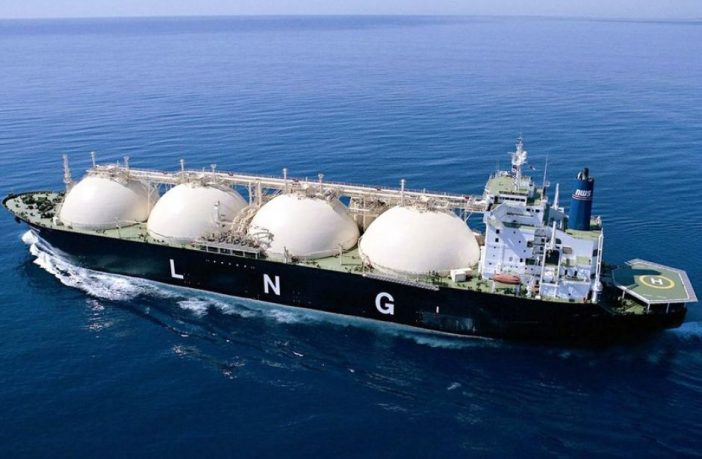- By the mid-2020s, when over 30 million tpy of LNG comes on stream, Mozambique is expected to become one of the world’s top 10 largest LNG producers, on a par with capacity in African leaders Nigeria and Algeria.
Earlier this week, Research Company GlobalData announced that Mozambique is set to become one of the world’s top 10 liquefied natural gas producers. By the mid-2020s, over 30 million tons per annum (Mtpa) will come on stream, thanks to the ultra-deepwater Rovuma Basin, where 125 trillion cubic feet (Tcf) of resources have been discovered.
Participants in the development are progressing towards final investment decision (FID) for onshore terminals, with capital expenditure expected to come in around US 40 billion.
Break-even gas prices will be US 4-5 per thousand cubic feet (Mcf) compared to Japan spot LNG prices of $9.24/Mcf, due to relatively low expected capital expenditures and upstream cost compared to other projects around the world.
The feed gas for new LNG projects will come from the ultra-deepwater Rovuma Basin, where over 125 trillion ft3 of recoverable natural gas resources have been discovered to date. This consists of 75 trillion ft3 in block Area 1 and 50 trillion ft3 in block Area 4. Participants in Area 1 and 4 are now progressing towards final investment decisions (FID) for the onshore LNG terminals.
The area is not without its challenges having periodically come under attack by Al-Shabaab style militants. Read more
Author: Bryan Groenendaal















